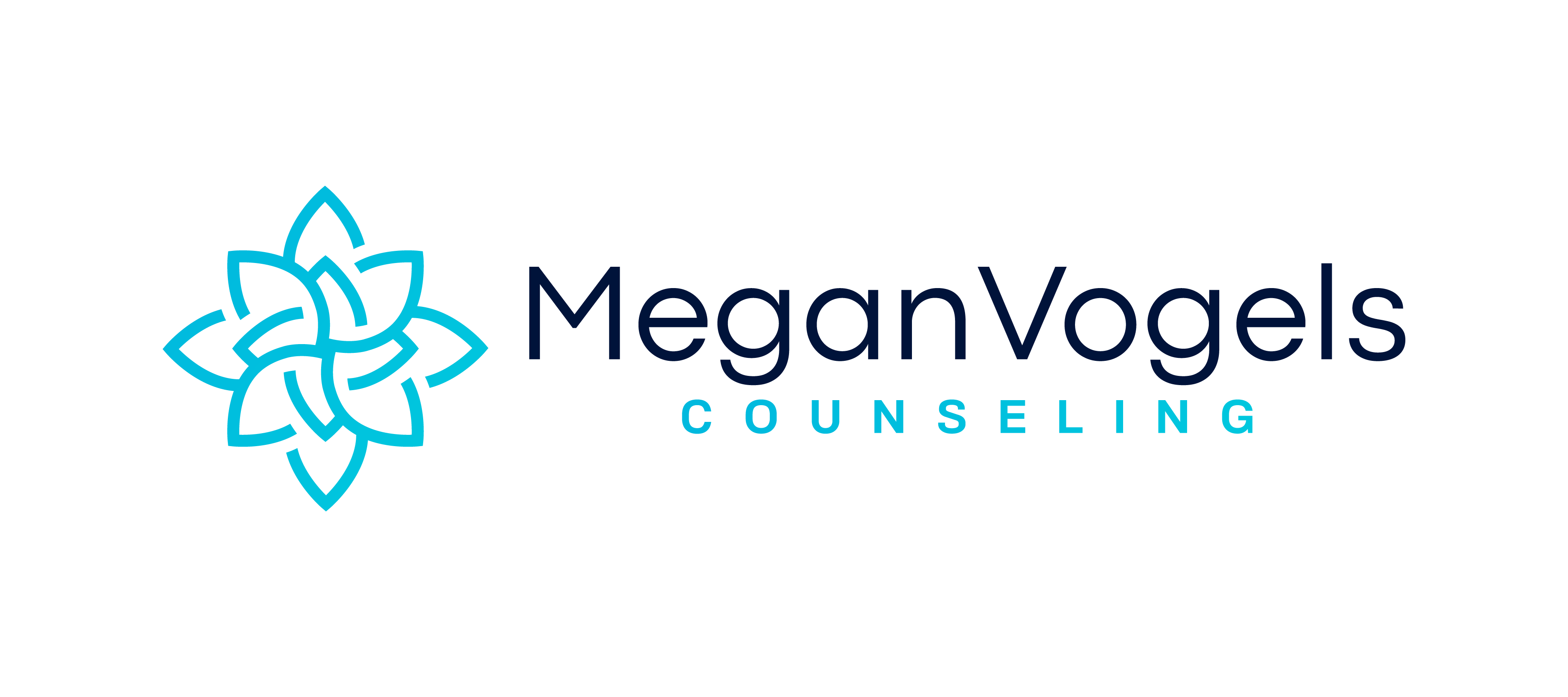
TikTok has taken the world by storm, and along with that, has brought mental health conversations into the spotlight like never before. Millions of users share their raw, unfiltered experiences with conditions like anxiety, ADHD, autism, borderline personality disorder, and depression. While these discussions are breaking down stigmas and creating supportive communities, they’ve also sparked a trend—self-diagnosing based on bite-sized videos. What is this recent trend of people using TikTok to self-diagnosis themselves with mental health diagnoses? And is it safe?
TikTok Use Today
As of early 2025, TikTok has around 1.7 billion monthly users worldwide, with over 170 million monthly users in the US. Today we use TikTok for entertainment, connection, shopping, and to get the news.
Of those users, most are young people- predominantly adolescents and adults under 30. According to this 2024 analysis from the Pew Research Center, 63% of U.S. teens use TikTok daily. This also includes 16% who report they are on the app “almost constantly.”
Furthermore, those young people are viewing a lot of mental health content. The #MentalHealthTikTok hashtag has billions of views, with professionals sharing advice, individuals sharing their personal experiences, and advocates working to break the stigma around mental health and mental illnesses.
It’s so common that people are using TikTok to learn about mental health. But what they do next with the information can be positive or concerning.
The Upside: How TikTok is Changing Mental Health
There’s no denying that TikTok is doing some positive things for mental health awareness.

- Breaking Down Stigmas: Historically, mental health has been shrouded in shame. TikTok has given people a space to share their struggles openly, making mental health discussions normal.
- Learning New Ways to Cope: Learning some ways to manage stress or anxiety, like breathing techniques, visualization skills, or relaxation “hacks” can be helpful for many people, and are generally low-risk.
- A Lifeline of Support: Connecting with others who share similar experiences can be life-changing. TikTok fosters communities where users feel seen, validated, and less alone in their struggles. This can be particularly powerful for people who don’t have strong support systems in their everyday lives.
- A Catalyst for Seeking Help: Many creators—some of whom are mental health professionals—provide digestible insights on disorders, symptoms, and coping strategies. For some, this newfound awareness is a wake-up call to seek real help—something they may not have done otherwise.
The Risks: Dangers of Self-Diagnosis
While there are certainly positives to TikTok on mental health, relying on it for self-diagnosis can lead to serious consequences.
- Misinformation: It’s hard to pinpoint exactly how much mental health information is misleading or inaccurate; estimates vary wildly. However, a professional review of TikTok shows a high amount of at least misleading information. We all know that there’s a lot of misinformation out there. Without fact-checking, users risk believing myths over medical facts.
- Symptoms Taken Out of Context: Problems concentrating don’t necessarily mean you have ADHD. Liking things to be neat or organized doesn’t mean you have OCD. There are many overlaps between different behavioral health presentations, and a professional can consider all the information to provide an accurate diagnosis. Mental health conditions are complex and require professional evaluation beyond a 60-second video.
- Delaying the Right Treatment: When people assume they’ve diagnosed themselves correctly, they might not consult with a mental health professional. This can mean missed opportunities for proper treatment and relief.
- Unnecessary Panic: Imagine believing you have a severe disorder based on a video trend, only to later discover it was a misinterpretation. False self-diagnosis can trigger unnecessary anxiety and stress.
Why Diagnosis Should Be Left to the Experts
Mental health professionals spend years training to assess and treat conditions accurately. A proper diagnosis isn’t just a checklist of symptoms. Instead, it involves understanding a person’s history, behaviors, medical information, and overall well-being. Self-diagnosing based on TikTok removes this critical context and can lead to misinterpretation and risks.
How to Use TikTok Responsibly for Mental Health
If you find TikTok’s mental health content helpful, here’s how to engage with it safely:
- Fact-Check Everything: Follow licensed professionals and cross-check information with trusted sources like the American Psychological Association (APA). Just because someone appears to be a professional or is dressed up, does not mean they are a licensed professional. Look for those who are psychologists, doctors, licensed social workers, or licensed professional counselors.
- Treat TikTok as a Conversation Starter: If a video resonates with you, use it as motivation to do more research or talk to a mental health professional. I always welcome when my clients share curiosities about their mental health and TikToks. We might watch a couple together which can lead to conversations about their experience and symptoms, and opportunities for me to provide clarification or education.
- Be Wary of Trends: Just because a mental health topic is viral doesn’t mean it’s accurate. Or applies to you. Some trends sensationalize conditions for views.
- Think Critically: Evaluate what you are hearing and consider the source, does it make sense, could it be wrong? This can be hard to do when we are relaxing and scrolling through TikTok. But pausing for a moment before you accept information can be so important in what you do with that information. And if you’re trying to develop this skill in your tween or teen, check out this resource.
Final Thoughts
TikTok is changing the way we talk about mental health, making it accessible and less stigmatized. While the platform can spark valuable conversations, it should never replace professional guidance. If you find yourself identifying as someone with an “undiagnosed” disorder, it may be wise to talk with your doctor or a professional. You could gain new insight into yourself or get the support you need to manage challenges.

Megan Vogels, MA, LPC, NCC is a Licensed Professional Counselor and National Certified Counselor with over 20 years of experience in the counseling field. For more about Megan, click here.
To read more posts like this, please visit the Megan Vogels Counseling blog.
References
American Psychological Association. (2024, October 1). Addressing misinformation about mental health with patients. Retrieved from https://www.apa.org/topics/journalism-facts/misinformation-mental-health
Basch, C. H., Donelle, L., Fera, J., & Jaime, C. (2022). Deconstructing TikTok videos on mental health: Cross-sectional, descriptive content analysis. JMIR Formative Research, 6(5), e38340. https://doi.org/10.2196/38340
Christner, R.W. (2024, February 29). TikTok’s growing self-diagnosis culture. Psychology Today. Retrieved from https://www.psychologytoday.com/us/blog/living-psyched/202402/tiktoks-growing-self-diagnosis-culture
Foster, A., & Ellis, N. (2024). TikTok-inspired self-diagnosis and its implications for educational psychology practice. Educational Psychology in Practice, 40(4), 491–508. https://doi.org/10.1080/02667363.2024.2409451
